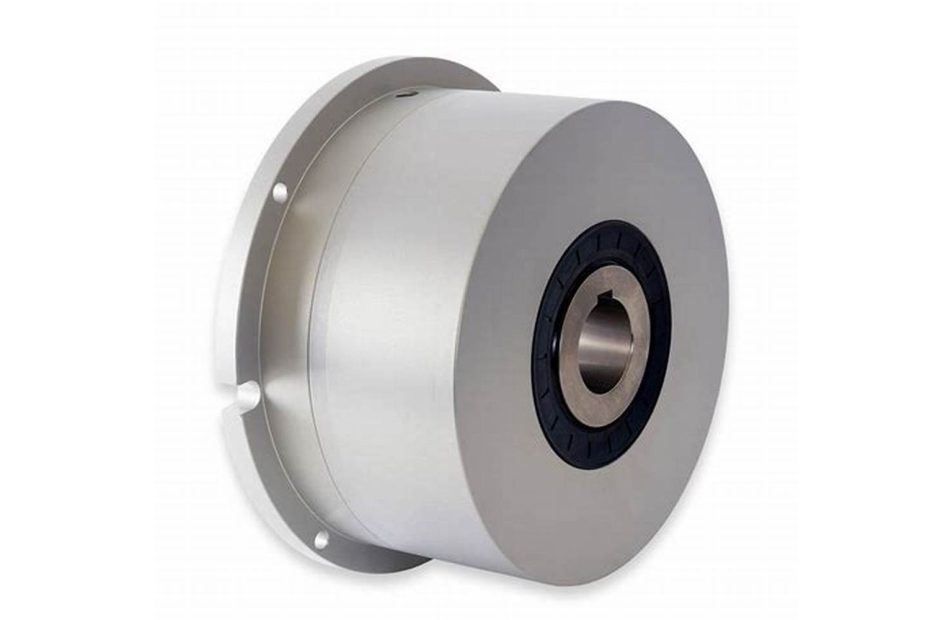Torque control plays a pivotal role in the realm of mechanical systems, determining the efficiency and precision of various industrial processes. As industries evolve, the demand for more advanced and precise torque control mechanisms intensifies.
Torque control refers to the ability to regulate and manage the amount of rotational force exerted by a mechanical system. Whether in manufacturing, robotics, or automotive applications, maintaining optimal torque is crucial for ensuring smooth and efficient operations. Precise torque control contributes to enhanced performance, reduced wear and tear, and increased overall productivity.
Magnetic Particle Brakes : Applications of Torque Control
Manufacturing Processes
- Torque control is indispensable in manufacturing, where it ensures consistent and accurate assembly of components.
- Prevents overtightening or undertightening of bolts, enhancing product quality.
Robotics
- Enables robots to perform intricate tasks with precision, such as delicate surgical procedures or assembling electronic components.
Automotive Industry
- Crucial for various functions, including controlling vehicle speed, managing power distribution, and optimizing fuel efficiency.
Magnetic Particle Brakes: Introduction
Magnetic Particle Brakes represent a revolutionary advancement in torque control technology. Unlike traditional braking systems, MPBs rely on the manipulation of magnetic particles to regulate torque precisely. This innovative approach offers several advantages over conventional methods.
How Magnetic Particle Brakes Work
Fundamental Mechanism
- Consists of a rotor and stator separated by an air gap, with magnetic particles filling the gap.
- Torque control is achieved by varying the magnetic field strength, influencing the behavior of the particles.
Torque Regulation in Action
- Adjusting the electromagnetic field alters the alignment of magnetic particles, affecting the transmission of torque.
- Provides instantaneous and accurate torque control without physical contact, minimizing wear and tear.

Advantages of Magnetic Particle Brakes
| Advantages | Description |
|---|---|
| 1. Precise Torque Control | MPBs offer unparalleled accuracy in torque regulation, crucial for delicate applications. |
| 2. High Response Time | Instantaneous response to changes in the electromagnetic field ensures rapid torque adjustments. |
| 3. Maintenance-Friendly | Non-contact operation minimizes wear, leading to reduced maintenance requirements. |
| 4. Versatility | Suitable for a wide range of applications due to adjustable torque levels. |
Case Studies: Real-world Applications
Automotive Manufacturing
In the automotive industry, where precision is paramount, Magnetic Particle Brakes find extensive use in assembly line processes. The ability to fine-tune torque ensures that components are securely fastened without risking damage.
Robotics and Automation
Robotic arms and automation systems benefit from the instantaneous response of MPBs. This is particularly advantageous in tasks that demand swift and accurate torque adjustments, such as pick-and-place operations in electronics manufacturing.
Conclusion
In conclusion, torque control stands as a linchpin in the world of mechanical systems, influencing the efficiency and accuracy of various industrial processes. Magnetic Particle Brakes emerge as a beacon of innovation, offering precise torque control through the manipulation of magnetic particles. As industries continue to demand higher standards of performance, the role of technologies like MPBs becomes increasingly indispensable, ushering in a new era of efficiency and reliability in torque control.
